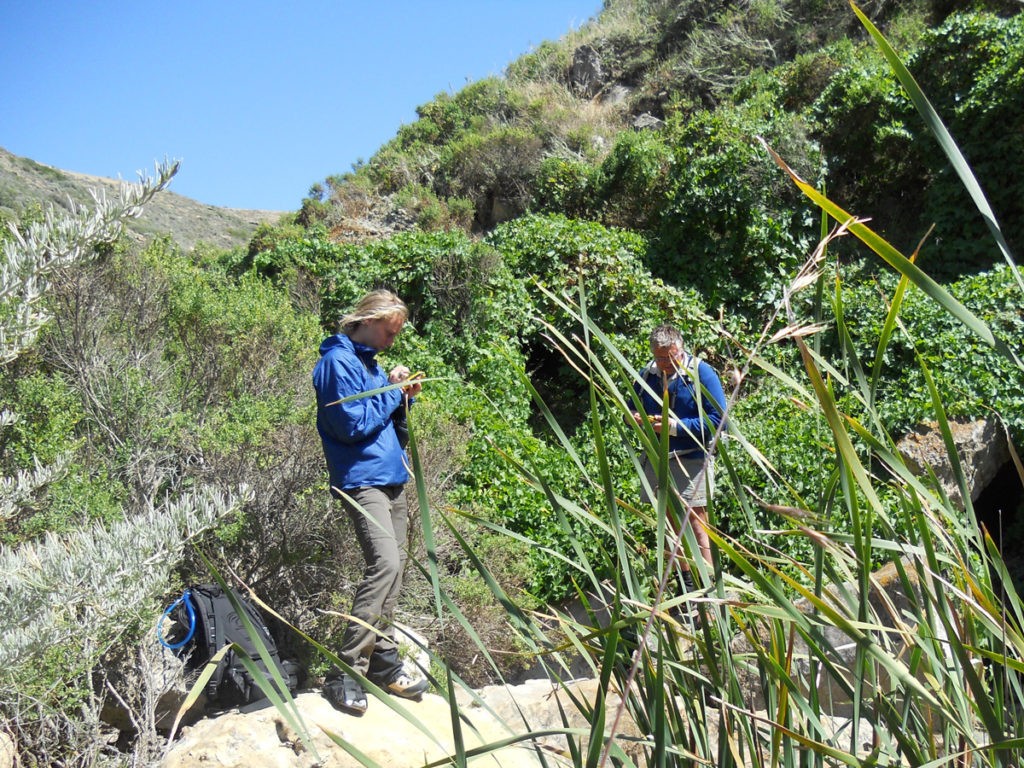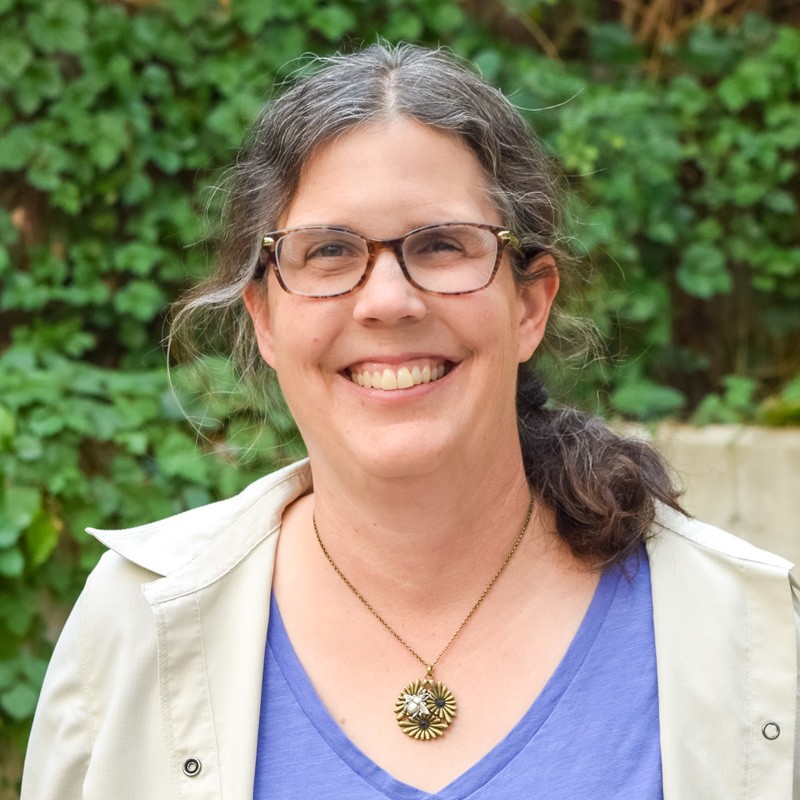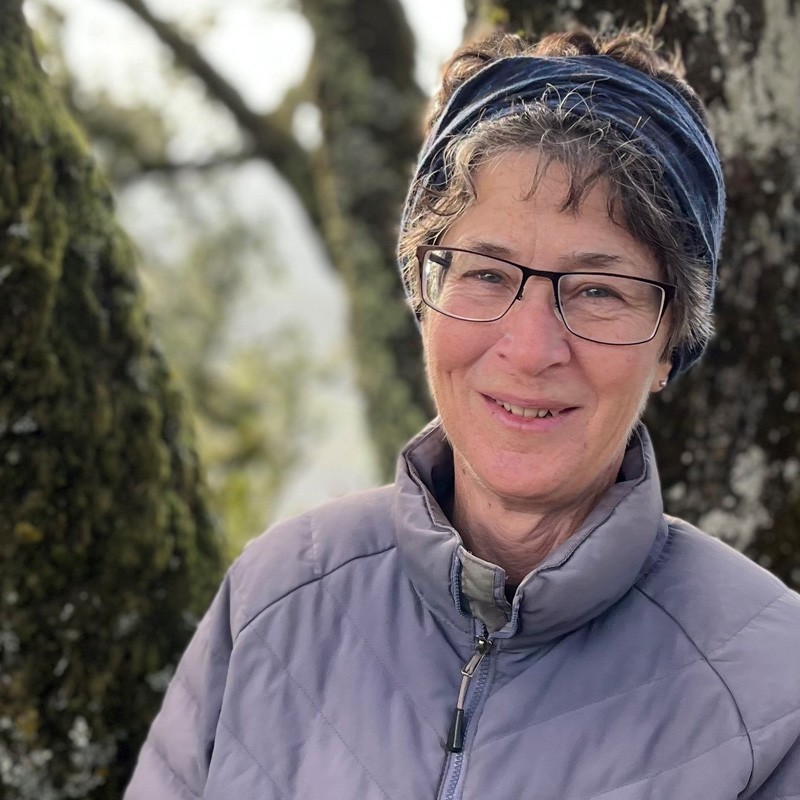Claremont, Calif. (March 1, 2022)—In an era of vanishing biodiversity, a team of scientists from the Keck Science Department and the U.S. Geological Survey is reporting signs of a comeback among native plants on one of the Channel Islands off the California coast.
 Acadia Tucker ’12 (foreground) conducting research on Santa Rosa Island in 2010
Acadia Tucker ’12 (foreground) conducting research on Santa Rosa Island in 2010Professor of Biology and Environmental Science Diane Thomson and USGS Research Plant Ecologist Kathryn McEachern are co-lead authors of a new article, “Diverse native island flora shows rapid passive recovery after exotic herbivore removal on Santa Rosa Island, California,” which was recently published in the journal Biological Invasions. Four of the paper’s co-authors, including Pitzer College alumni Lauren F. Cole ’16 and Acadia Tucker ’12, participated in the research while they were students at the Keck Science Department of Pitzer, Scripps, and Claremont McKenna Colleges.
The paper draws on long-term studies of Santa Rosa Island’s native flora that began after “exotic herbivores”—cattle, pigs, deer, and elk that had been introduced to the island for ranching or recreational hunting—started being removed from the island. Part of that research was funded by a five-year $274,000 National Science Foundation grant to the Keck Science Department. From 2010 to 2015, Thomson and McEachern were co-principal investigators on the NSF grant project, titled “Interacting effects of climate and invasive herbivores on island plant populations and communities: Santa Rosa Island as a model system.” They led an intercollegiate research team that included undergraduates from Keck.
 Professor of Biology and Environmental Science Diane Thomson
Professor of Biology and Environmental Science Diane Thomson Thomson says when most people in the U.S. think about habitats that need to be protected, they think about places like the Amazon, not SoCal.
“But Southern California is remarkably rich in biodiversity, and much of that diversity is highly endangered,” she says. “Oceanic islands—including our local Channel Islands—are home to many plant species that occur nowhere else on earth.”
The Channel Islands are sometimes referred to as California’s own version of the Galapagos Islands. Over the past decade, Thomson, USGS scientists, and students from Keck have traveled to the islands to study how drought and the removal of non-native herbivores are impacting endemic plants (species found only on the Channel Islands). Thomson says the project gave students a great opportunity to work on a research project with real-world conservation implications.
“They got to collaborate directly with the community of federal scientists and managers at the Channel Islands National Park,” she said.
For Claremont students who don’t know about the remarkable biodiversity in their own backyard, “our fieldwork was like a natural history adventure, only one they could go on with just a short drive and boat trip,” Thomson says.
 USGS Research Plant Ecologist Kathryn McEachern
USGS Research Plant Ecologist Kathryn McEachern In their article, the authors outline their findings, which indicate significant recovery among 39 endemic or rare native plant species in seven canyons on the island.
“These results reinforce the devastating effects of exotic vertebrate herbivores on island native plants, particularly long-lived, slow-growing species. They also demonstrate significant potential benefits of exotic herbivore removal even without other active restoration,” they write in the paper’s abstract.
Thomson said that mitigating threats to endangered island plants like climate change take time—there are no quick fixes.
“The good news about our findings is that just removing one of the major threats to these plants—non-native herbivores—is making a big difference,” Thomson said.
To learn more, read the Biological Invasions article online.